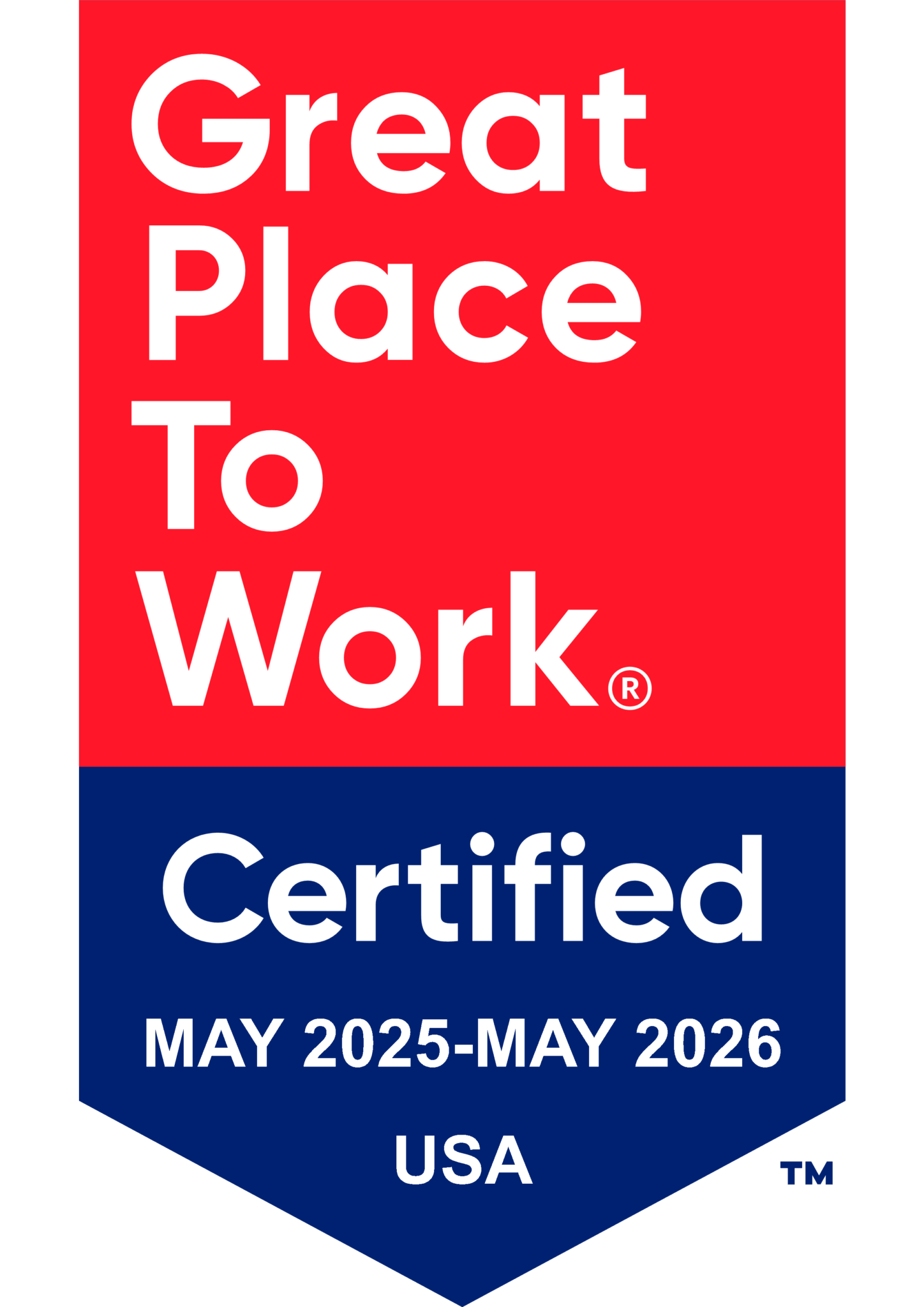In addition to competitive USMLE step scores and strong letters of recommendation (LORs), Program Directors weigh U.S. clinical experience (USCE) very highly when choosing applicants for their residency programs.
Medical students begin their clinical experience journey with elective rotations. These rotations give students the opportunity to explore different specialties within the field of medicine. Upon graduating, whether you are interested in Internal Medicine, Pediatrics, Obstetrics and Gynecology, Family Medicine, etc., further clinical experience will provide you with valuable experience to make you a better candidate for residency and thus a better doctor.
Why is US clinical experience especially important for FMGs and IMGs?
Just as medical school curriculum differs from country to country so does medical practice and protocol. International medical graduates (IMGs) and foreign medical graduates (FMGs) need U.S clinical experience to show Program Directors that they understand the proper procedures, protocols and the ACGME core competencies of residency programs here in the United States.
What is the best type of US clinical experience?
The two main types include:
- Hands on clinical experience
- Non-hands on clinical experience
Hands-on clinical experience (externships) at university-based hospitals give students the best clinical experience prior to residency training and are therefore the most valuable. However, clinical experience can also be done at community-based hospitals and private practices. These externships are typically much easier to procure but are not looked at as highly as those done at university-based programs.
Non-hands on clinical experience (observerships) can be very difficult to come by, especially for IMGs and FMGs. Although observerships are not as highly valued by program directors it is also important to avoid any gaps in your CV. An observership can be a great way to stay current if you are having difficulty obtaining other forms of clinical experience.
How else can I avoid gaps in my CV?
After graduating from medical school enroll in an externship or research fellowship to fill out your CV. Although a research fellowship is not technically clinical experience it still adds a great amount of value to your residency application. Additionally, it can result in a publication and a letter or recommendation, both of which will enhance your candidacy for residency as well. Ultimately, clinical experience, no matter the form, helps bridge the gap from medical school to becoming a practicing physician.
Are You Next?™



